Canvas, directed by Melora Donoghue and Kimberly Stuckwisch, hit the screen at the Chattanooga Film Festival, leaving horror fans intrigued and captivated. This film dives deep into the tumultuous relationship between two sisters, brought together after years of estrangement. Raised to believe that true artistry stems from suffering, they confront their past and the influence of their tyrannical father.
What’s Canvas All About?
The plot centers around two sisters who have been pitted against each other since childhood. Reunited after years apart, one sister learns the value of authenticity while the other grapples with regret. Their story is a complex dance of reconciliation and rivalry, all under the shadow of their father’s oppressive expectations.
A Symphony of Suffering and Artistry
From the opening scene, Canvas draws viewers into a world where art and suffering are inextricably linked. The film explores profound themes of artistic integrity and the human cost of creativity. It cleverly questions the age-old idea that true artists must suffer to create meaningful work.
During the Q&A session, directors Melora Donoghue and Kimberly Stuckwisch shared insights into their creative process. They recounted how their long-standing friendship and collaboration with co-writer Randy Wooten brought this project to life. The script for Canvas was first drafted in 2016, and despite numerous rewrites and challenges, their passion for the story never wavered.
Interestingly, the film drew inspiration from classic cinema. “Whatever Happened to Baby Jane?” was a significant touchstone, influencing the structure and character dynamics. However, Canvas carves its unique path, focusing intensely on the emotional and psychological battles between the sisters.
Also don’t miss out: The Creepiest Paintings of All Time
From Concept to Creation
One of the standout aspects of Canvas is its setting. The directors emphasized the importance of the house, which almost becomes a character in itself. Filming took place in Erin, Tennessee, in a beautifully preserved Queen Anne Victorian. This location added authenticity and a haunting atmosphere that perfectly complemented the film’s themes.
The directors also discussed how the sisters’ relationship evolved on screen. They initially explored more overt horror elements but eventually shifted focus to the psychological and relational aspects, which added depth and resonance to the story.
A Haunting Triumph
Canvas is a brilliant exploration of art, family, and the scars of the past. The film’s cinematography is stunning, with each frame meticulously crafted to reflect the characters’ inner turmoil. The performances are powerful, particularly the nuanced portrayals of the sisters. The dialogue is sharp, the pacing is perfect, and the emotional beats hit hard.
Overall, Canvas is a must-watch for horror enthusiasts and art lovers alike. It brilliantly combines horror and drama, offering a fresh perspective on the artist’s journey and the personal demons that fuel creativity.
Stay tuned for a thrilling virtual celebration of horror at the Chattanooga Film Festival, keeping horror fans on the edge of their seats until June 28th! Don’t miss out on more exciting screenings, insightful Q&As, and all the spine-chilling fun the festival has to offer!

